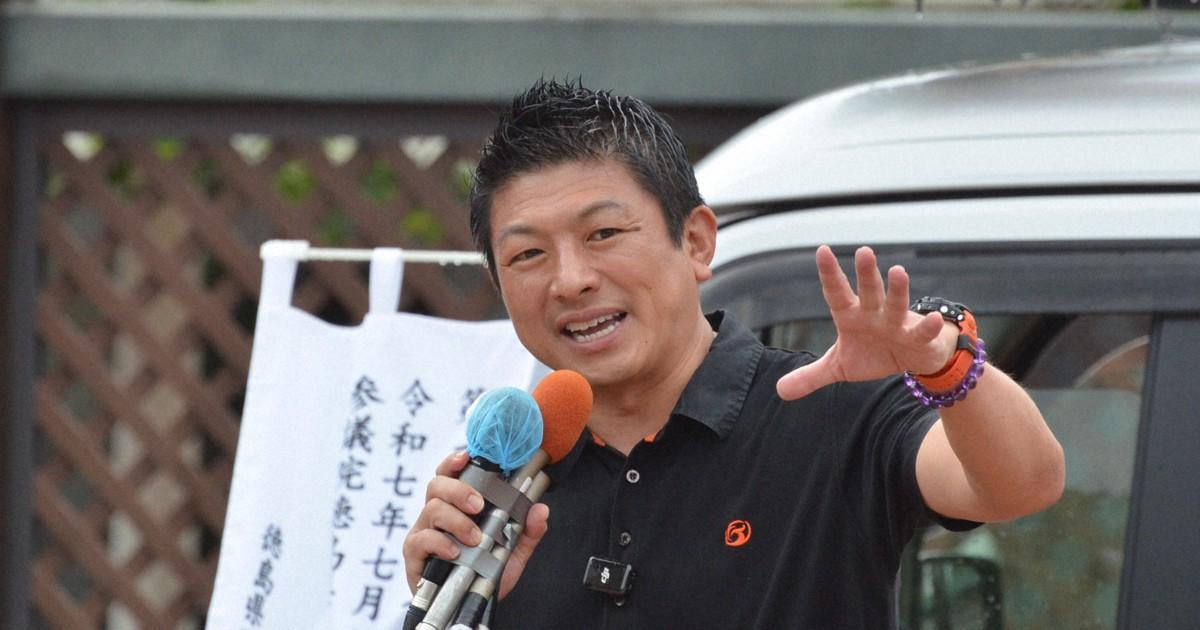
On July 14 in Matsuyama, Sanseito leader Sohei Kamiya gave a campaign speech for the Upper House election, saying, "People with extreme ideologies working as public servants need to be removed. That’s what the anti-espionage law is for."
His comment raised concerns because Japan’s Constitution protects freedom of thought and privacy. Article 19 guarantees freedom of belief, and surveys on ideology may violate Article 13’s right to privacy.
Kamiya also said he believes far-left thinkers have deeply infiltrated the government and wants to remove them. This was seen as a push to screen public workers based on ideology.
Afterward, the Mainichi newspaper sent questions to Kamiya and his party. On July 17, the party responded, saying it’s unconstitutional to fire someone just for their beliefs. They clarified that Kamiya didn’t mean to fire people solely based on ideology, but that action may be needed if someone breaks the law. They explained “infiltration” as activities trying to influence policy based on specific beliefs or interests.
Sanseito supports creating a law to prevent spying as part of its economic security policy.
Public workers in Japan do have limits on political activity, but their personal beliefs are protected by law.
A similar issue happened in 2012 when then-Osaka Mayor Toru Hashimoto ordered a survey of all city workers about their political and union activities. The courts later ruled this violated constitutional rights.
by MagazineKey4532
